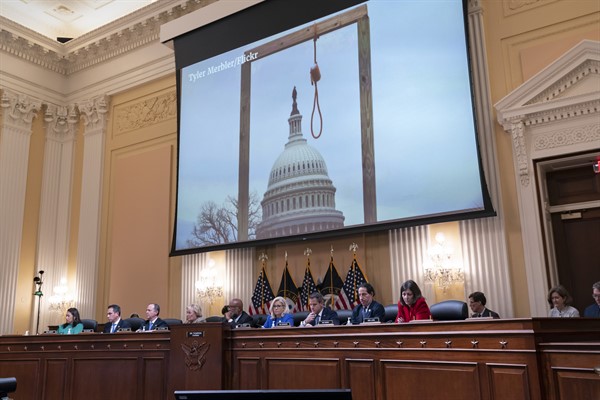The belief that the United States is a uniquely youthful society in contrast to an aging and decadent Europe has become so entrenched that it is rarely questioned. Whether out of politeness or genuine belief, Europeans encountering this recurring trope often turn to their own, emphasizing their belief that a European point of view is more mature than that of the supposedly youthful and naive United States.
Very rarely is there much consideration about what it means for a society to be “old” or “young.” Sometimes commentators point to the steady birthrates and higher immigration that once sustained a more youthful and dynamic labor market in the United States. Yet in the past two decades, U.S. demographic growth has slowed down to a more “European” balance between older and younger generations, with all the societal and policy challenges that entails.
The emphasis on Europe’s age is certainly more accurate when pointing to its history of continuous settlement going back thousands of years. By contrast, the colonial-settler foundations of U.S. society in the 17th century mark the beginning of what is at most a 400-year history of what would now be recognized as a distinctly American way of life. Yet in many European cities, much of the urban landscape of industrial Europe emerged at the same time as similar processes in the United States. For every ancient cathedral city built many centuries before the first colonial settlement in North America, there are cities like Sheffield in the U.K. or Dortmund in Germany that only expanded at the same time as Chicago or St. Louis.

